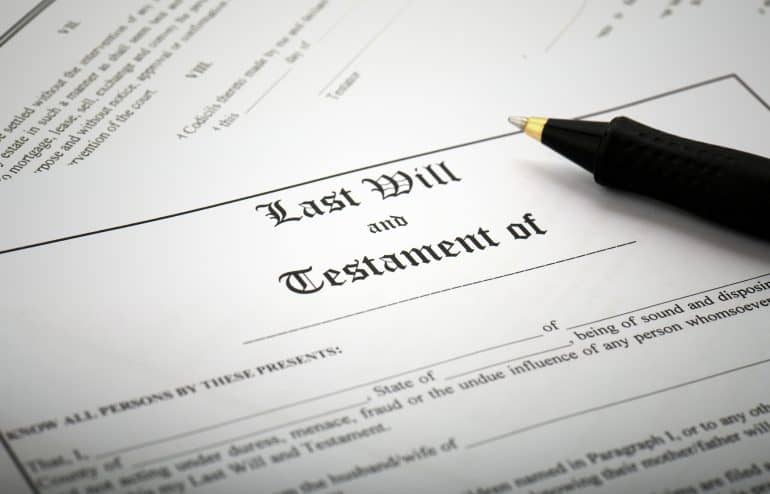The family court systems, like so many things, have been significantly impacted by the Coronavirus pandemic. From travel bans to lockdowns, social distancing requirements to legislation reform, the family court experience following this year may look very different.
Some cases have switched to remote hearings. Some have been postponed, and many Elaine Parkes Solicitors clients have contacted us with concerns about how the crisis will impact their legal proceedings.
Alongside this disruption, and pressure on an already stretched court system, there have been substantial increases in the number of domestic abuse situations.
According to the Family Court Statistics, these cases rose by 24% in the quarter to June 2020 compared to the same period in 2019.
Here we’ll recap how the virus has impacted the family courts, and what new measures might affect the format and timing of new cases – and what options are available to you, if you are keen to move forward.
Remote Family Court Hearings
One of the positive developments is that the family courts have progressed in their capacity to facilitate remote hearings. In simpler cases, and where the participants have the requisite technology, a video conferencing solution enables a judge to hear a case outside of the courtroom.
This option is usually faster, and more comfortable for participants who can attend from their home, or their solicitors’ offices, without the formality of a court hearing.
Where there are limited hearing spaces available, priority is given to those more serious cases where a swift judgement is crucial.
Due to the speed offered by a remote hearing, divorce cases in early 2020 were resolved faster, with 54% of hearings held via video call – compared to just 28% in the year before.
The average time taken for Decree Nisi and Decree Absolute hearings has both reduced.
However, all other types of family hearings have taken longer to resolve, with increasing demand and reduced court availability leading to many cases considered non-urgent being delayed or postponed.
Cases around care orders and child supervision continue to take longer. The average time for such a case to reach the first disposal is up by seven weeks from 2019, at 40 weeks during the quarter July to September 2020.
In response, new venues have been created, called the Nightingale Courts. There remains a significant backlog, which does mean that new cases will potentially take longer to be heard for at least the next few months.
Where circumstances are considered urgent, there are emergency hearings available – do get in touch if you have a family matter that requires expedited legal support.
What Can I Do if a Family Court Case Has Been Put on Hold?
The courts are one of many ways to resolve a family matter. Our teams deal with every aspect of family law, from separations to custody agreements and cohabitation to transferring ownership of assets.
While it may be necessary to wait for a court date, several other options could potentially help you reach a resolution faster.
Please note that most private proceedings are not eligible for Legal Aid – but if you’re interested in learning more, do get in touch, and we can advise around anticipated costs and timescales.
Alternatives to court hearings include:
- Financial Dispute Resolution Hearings
- Mediation
- Arbitration
- Collaborative Law
A Financial Dispute Resolution Hearing (FDR) is often preferable where a case involving financial matters has been delayed indefinitely in the court system.
An FDR is a private hearing and can be a way for the parties involved to reach an agreement, with a Judge’s indication about what outcome they would consider fair.
Deciding to opt for a private FDR can be relatively expensive. Still, where divorce proceedings have been postponed for a substantial period, and where the parties involved are keen to move forward with a solution, it may be viable.
You can also hold a private FDR at a location of your choosing, opt for a video conference where an in-person hearing is not possible, to ensure proceedings can go ahead around pandemic movement and social distancing restrictions.
Can I Opt for Arbitration or Mediation to Resolve a Divorce Case?
Another option is to consider mediation or arbitration – both of which are private proceedings carried on outside of the court system, and available at your convenience.
There is also an option called collaborative law. This means you and your ex-partner meeting with your respective solicitors, who must be trained in collaborative law, and trying to reach a mutually agreeable outcome.
A collaborative law process included a legally binding consent order, where you agree on how you will share your finances. You can then move ahead with a divorce petition, without any contention about what will happen to your jointly owned assets.
Family arbitration is another potential solution, whereby you appoint a Family Arbitrator who will make a decision. The benefit is that you can choose your Arbitrator and decide when and where the hearing takes place.
As with a decision passed down by a judge, the Arbitrators’ decision is final and legally binding, and although it can be less costly than a court hearing, you do need to budget for the arbitration fees involved.
Mediation can also be quicker than waiting for a rescheduled court date – although you and your partner will need to be prepared to discuss your situation, and try to reach an amicable resolution.
A Mediator cannot make a decision for you but will help you negotiate and reach a conclusion.
In any of these alternative scenarios, you will need to disclose information such as:
- Your finances, assets and debts.
- Bank and savings accounts.
- Outgoings and living expenses.
- How much you earn.
If you are considering your options, and would like to conclude a matter of family law without waiting for a court date to be scheduled, or rescheduled, give the Elaine Parkes team a call. We will help you decide on the most appropriate option.
A lot depends on what issues require a resolution and the circumstances. Still, if you are struggling with court delays and the impact on your family, there may be a suitable solution available.



